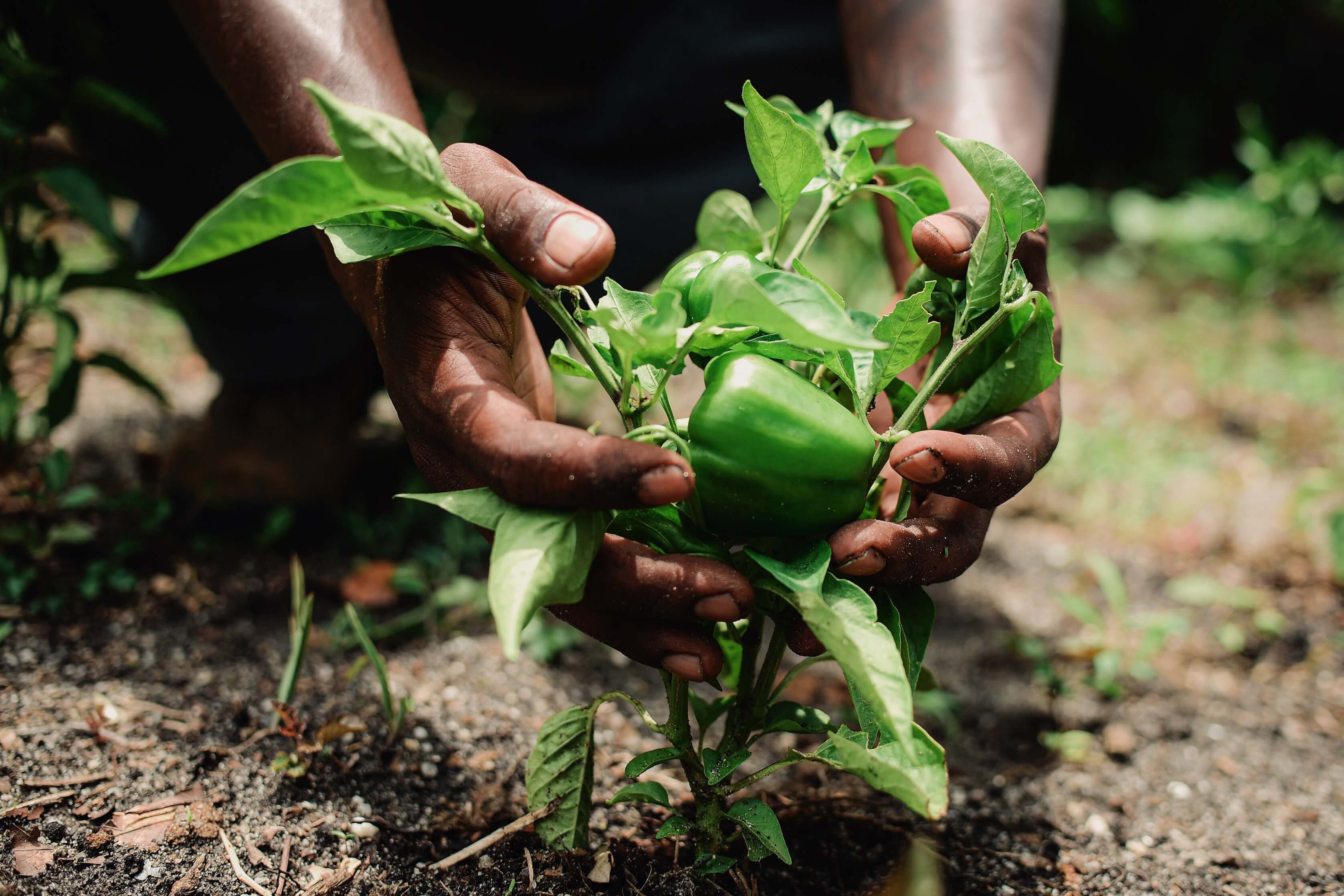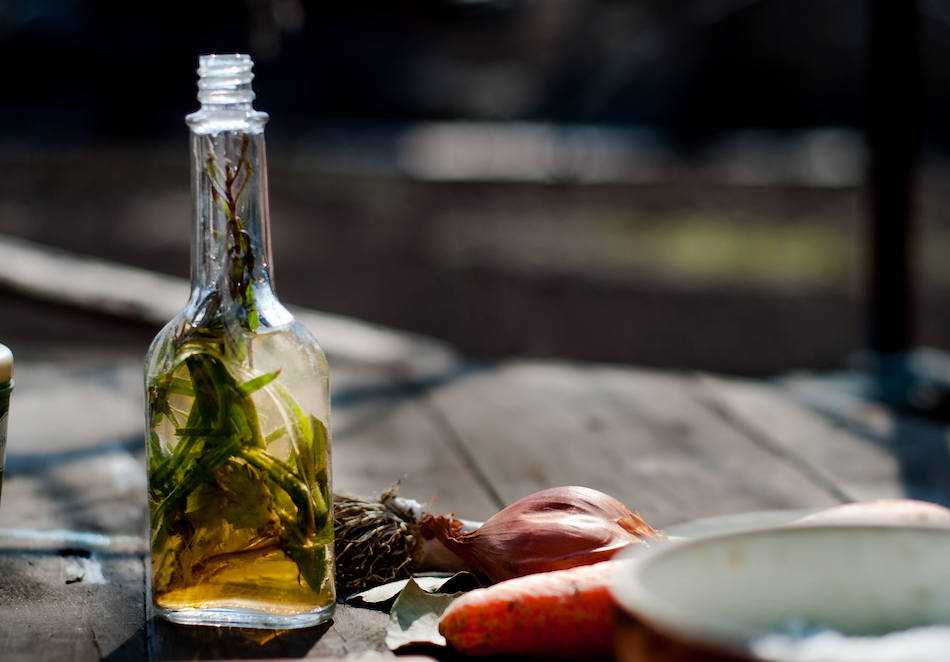 CAES News
CAES News
Pod People
In honor of International Podcast Day on Sept. 30, we are highlighting a few shows out of the University of Georgia College of Agricultural and Environmental Sciences and UGA Cooperative Extension. You will find Cultivating Curiosity, All About the Pod and Two Agents & the FACS wherever you get your podcasts.

.png)


.jpg)

.jpg)